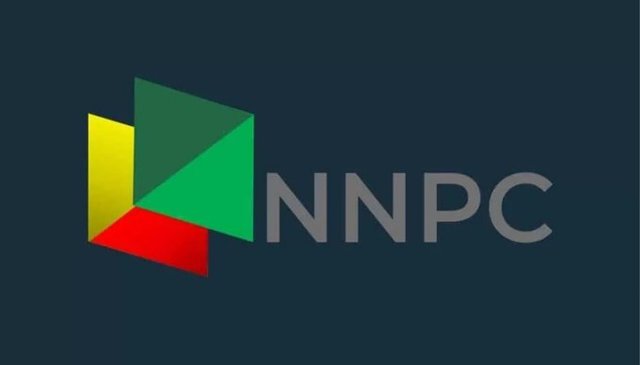The Nigerian National Petroleum Company Limited (NNPC) has said that the country will produce enough petrol to meet domestic demand and export the excess by mid 2023 as local refining capacity is projected to increase to 1.1 million barrels per day.
The group chief executive officer of the company, Mr. Mele Kyari, stated this virtually at the 13th Global UAE Energy Forum.
Kyari also said Nigeria will increase crude oil production to 2.2 million barrels per day.
Recall that it is not the first time the company would make such pronouncement despite that the four refineries in the country has not refined one teaspoonful of crude oil in many years while production has, in the last seven years, remained low amid rising theft and vandalism leading to shut-in of oil wells and loss of investment to other African countries.
However, Kyari was optimistic that the present challenges would be overcome as the country had taken steps to rehabilitate the refineries and tackle insecurity.
“Security challenges around oil operations in the country became very manifest early on in 2022 and we took steps to bring back production, which has paid off.
“In July, net crude oil output, excluding condensates, had dropped to one million barrels, the lowest in the history of our industry.
“By the end of December, production was 1.5mbd and the trajectory for the end of this year, including condensates, is 1.8mbd to 2.2mbd,” Kyari said.
As regard availability of products, Kyari said when the country gets its refinery capacities back by mid-2023 the combined national capacity will be around 1.1 million barrels.
“So the country will have a net difference that will have to be exported as that exceeds domestic requirements,” he added.
Speaking on the global crude oil market, Kyari said the volatility in prices last year was unprecedented.
He said the line of sight around new production coming online was also limited because of the general lack of investment and financial constraints, therefore, significant recovery in supply over the next two years would be elusive.
“That means we will have to live with this range of prices for a while to come. And demand will not collapse – the world is coming back from COVID-19 and there are many countries, particularly, in sub-Saharan Africa, where economies are growing very fast, against all odds. So, $75 to $80 oil is a very realistic price for the time being,” he noted.
Kyari said while oil producers and consumers in the industry see $60 oil as a good price, but learn to live with $75 to $80 should there be a supply chain challenge, such development “is of course a challenge for many African countries.”


























































